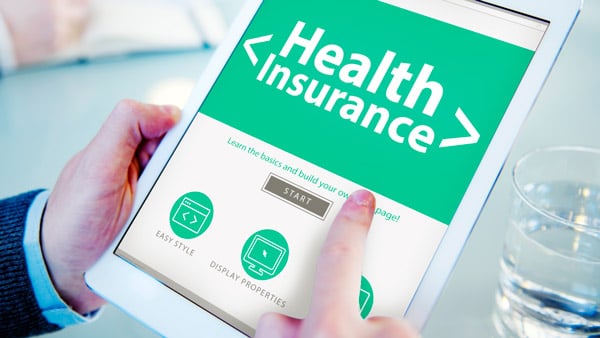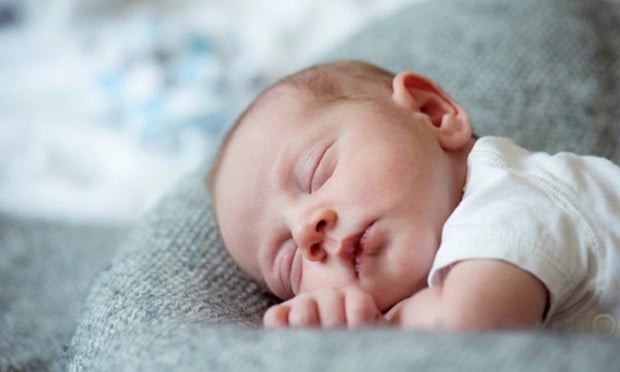An experimental Ebola vaccine manufactured by Merck & Co. was found to be highly protective against the deadly virus, showing promise in the fight against future outbreaks after an earlier epidemic killed thousands and highlighted a shortage of weapons to battle the disease.
The vaccine was studied in a trial involving more than 11,000 people in Guinea. Of those who received the shot in a final-stage trial, no Ebola cases were recorded after a ten-day incubation period, according to a study published in the medical journal, the Lancet.
The outbreak of Ebola from 2013 to 2016 triggered a public health crisis in West Africa, resulting in more than 11,300 deaths, primarily in Liberia, Sierra Leone and Guinea. It also exposed holes in global infectious disease preparedness, with infected travellers reaching as far away as Texas.
Recommended For You
"While these compelling results come too late for those who lost their lives during West Africa's Ebola epidemic, they show that when the next Ebola outbreak hits, we will not be defenceless," Marie-Paule Kieny, assistant director-general for health systems and innovation at the World Health Organization, and the study's lead author, said in a statement.
The trial, called "Ebola ça Suffit" — French for "Ebola that's enough" — was led by the WHO, Guinea's Ministry of Health, Medecins sans Frontieres, the Norwegian Institute of Public Health, as well as other international partners.
Breakthrough designation
The vaccine is called rVSV-ZEBOV and manufactured by Merck Sharp & Dohme, a subsidiary of the U.S. drugmaker. Merck this year received breakthrough therapy designation for the shot from the U.S. Food and Drug Administration, which enables faster regulatory review of the vaccine once it is submitted, according to the WHO statement. Thursday's findings re-confirmed a July 2015 study that the vaccine would be a potent weapon against future disease spread.
The vaccine was initially engineered with support from the Public Health Agency of Canada. It was eventually licensed to Merck, which signed an agreement in January with Gavi, the world's biggest funder of vaccines for developing countries, to submit the experimental Ebola vaccine for regulatory approval by the end of 2017. Gavi, which brings together funds from governments, companies, United Nations agencies and philanthropic groups like the Bill & Melinda Gates Foundation, committed $5 million to the development of the vaccine.
In July 2015, a study published in the Lancet medical journal reported that Merck's vaccine was 100 percent effective when it was tested on more than 4,000 people who were in close contact with Ebola patients in Guinea.
During the last outbreak, vaccine makers rushed to ready shots that had never before been tested in humans. The disease spread had unexpectedly spiraled out of control, especially in the first few months, and public health officials initially struggled to curb the infections.
© 2025 ALM Global, LLC, All Rights Reserved. Request academic re-use from www.copyright.com. All other uses, submit a request to [email protected]. For more information visit Asset & Logo Licensing.







